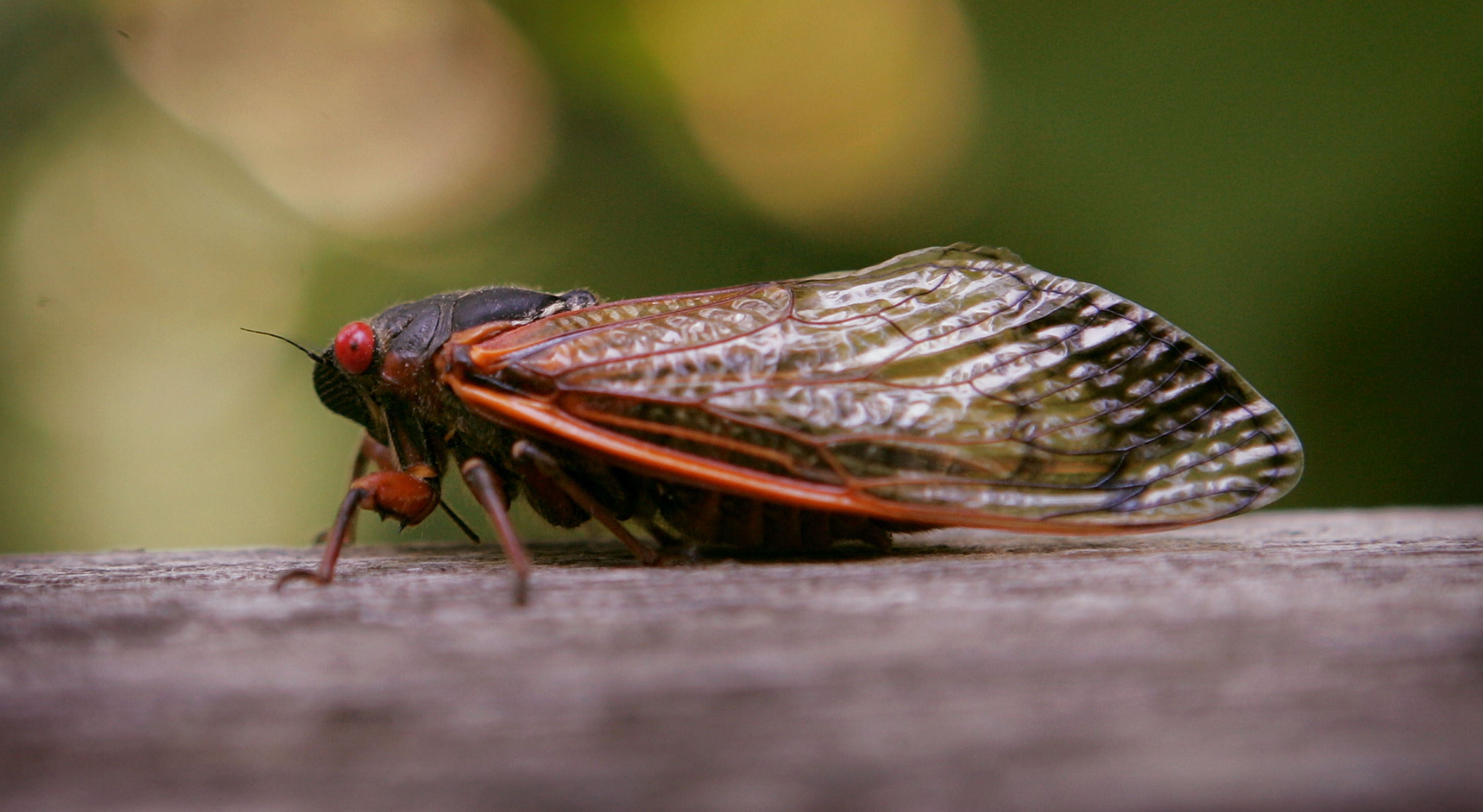If a person was looking for a single reason why the Chicago Blackhawks are trailing the Boston Bruins by a 2-1 margin in the Stanley Cup Final, they would inevitably look at the following statistic:
In the Blackhawks’ last six power plays, they have ONE SHOT.
No, fans, that isn’t a misprint. In fairness, the sixth power play was only a couple of seconds at the end of Game 3, but the fact of the matter is the Hawks’ man-advantage unit has been one of the most putrid in recent memory, and it is a huge part of the reason they are trailing in this series.
With that in mind, NHL.com asked several coaches from around the league to help dissect what is wrong with the Hawks’ power play. Here are a couple of interesting tidbits from the article, along with a bit of breakdown of each point:
“(Patrick) Kane to me is a really dangerous player when he gets the puck on the half-wall, but when he gets it there he’s fidgety now,” the coach said. “If it’s one thing you can tell them is to try to play with more poise and don’t be in such a hurry to get things done. They want to get Boston standing rather than trying to make quick plays that enable the Bruins to pressure.”
This seems to fly in the face of one of the biggest criticisms of the Hawks’ power play that a lot of media members have made, which is the Hawks are standing around too much. That narrative isn’t completely accurate, of course (after all, which media analysis is 100 percent right anyway?), but it does seem to be the case in watching what the Hawks are doing in those situations.
The point about Kane, however, is completely on point. When he has gotten the puck during power plays recently, he seems unsure of what to do with it. One of his biggest assets as a player has always been his feel for when to pass the puck behind the net to get a give-and-go set up to the front of the net, or to shoot the puck and allow the traffic in front to create screens and get chances for rebounds.
Local
Lately, Kane has instead been either rushing from the wing and firing the puck high, allowing Boston goaltender Tuukka Rask to smother it without much drama, or he has tried cycling the puck around with no one there to corral it. That has allowed the Bruins to clear the zone with ease, and has been a big part of the Hawks’ struggles.
To that point, another coach had this to say:
“Boston’s anticipation on where the puck is being moved up high is unnerving Chicago. If Chicago goes to make a D-to-D pass, Boston anticipates it and now they’re on an odd-man break.”
Dan Rosen, the Senior NHL.com writer who collected the intelligence from the coaches, added this after the preceding paragraph:
“When Chicago does manage to get the puck in deep, into the corners, two of the three coaches said they have noticed that Boston is outnumbering the Blackhawks in pursuit of the puck.”
The above points seem to point to a bit of laziness on the part of the Hawks in the offensive zone, and fans would be inclined to agree with that assessment. A more accurate term for it, however, is tentativeness. One of the clichés that coaches are always willing to pull out in situations like these is their team needs to win “puck battles,” but the hackneyed phrase is actually completely accurate in the Hawks’ case.
They are being outraced to the puck by Bruins defenders who are faster and more aggressive than any the Hawks have faced in the playoffs, and then they are being outmuscled by players who are bigger than they are. The Bruins’ size was talked about a lot coming into the series, and while the hit totals may provide an easy way to measure the effect it’s having on Chicago, the real impact is felt in the battles behind the net that the Hawks are losing on the power play.
Obviously, it’s easy to stand on the sidelines or in the pressbox and criticize what Chicago is doing (or more accurately, not doing), but the fact is that it’s this kind of studying that could make the difference in the Hawks actually succeeding on their power play. One would have to think that head coach Joel Quenneville has been watching plenty of tape to try to get a grip on what the problems are, and it will be interesting to see if he and his players can make the proper adjustments.



